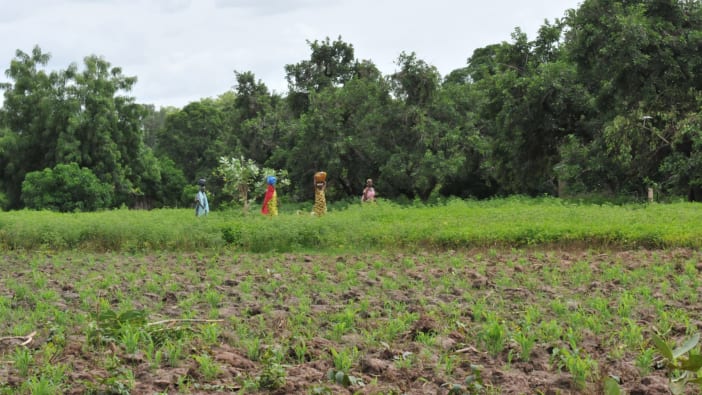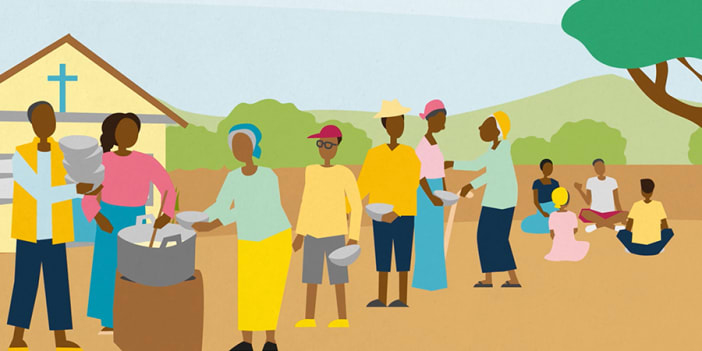The experience of poverty for families that belong to ‘low’ castes in India is typically much worse than those in higher castes, because others marginalise, rather than support, them and they tend to live in areas that are more prone to flooding. When disaster strikes, like the major flood in Bihar state in 2004, these families often lose everything, as they have no savings to fall back on or skills that they can use to earn money for survival.
This short case study explains how the formation of self-help groups has built community resilience in situations like these and led to the economic empowerment of communities, particularly women - to the extent that in the flood of 2007, 175 families in a community of Bihar state were equipped to cope with the hazard and suffered much less damage compared to the flood in 2004.







